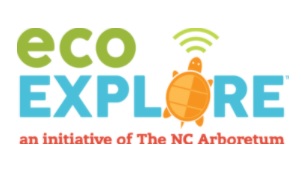Community science is about connecting the public with scientists and research projects that are happening in our backyards. Several of these projects have volunteer opportunities, are self-contributing, or are seasonal and only happen a few months of the year. Scroll through to see what types of projects you want to participate in and bring out your inner scientist! Very few of these require prior knowledge on the subject, but if you have any questions about a project, please email our Senior Education and Outreach Manager, [email protected].
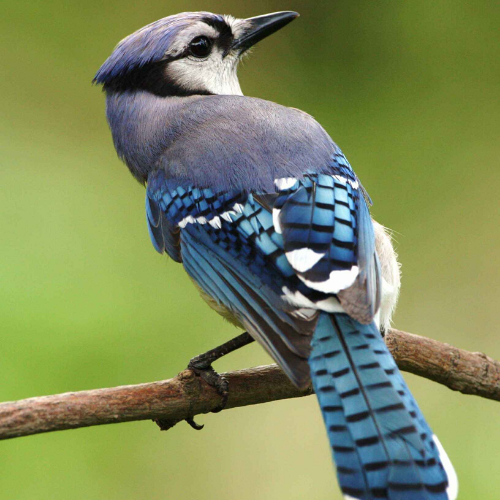
Great Backyard Bird Count
Since 1998, The Great Backyard Bird Count has been collecting citizen science data on birds. This project has been a staple for the Cornell Lab of Ornithology and National Audubon Society. The data they collect looks at the distribution and abundance of bird species, and the changes from year to year. TLC hosts hikes in February to collect data, but you can contribute at home, too. Visit the Great Backyard Bird Count website for more information.
ecoEXPLORE
This project was developed by The North Carolina Arboretum and is an incentive based program for children grades K-8. The goal of the project is to foster a fun learning environment while encouraging kids to explore the outdoors and participate in citizen science. We currently have two hotspot sites at the George and Julia Brumley Nature Preserve and our newly opened Bailey and Sarah Williamson Preserve!
Lake Observations by Citizen Scientists and Satellites
The LOCSS project hopes to better understand how the volume of water in lakes is changing over time through citizen science data. There are pond gauges at two of our preserves, the George and Julia Brumley Nature Preserve and the Bailey and Sarah Williamson Preserve! Find the gauge, text your reading to the phone number on the sign and, viola, you’re done! This can be done any time the trails are open and check out our VolunteerHub if you want to become a regular pond monitor!
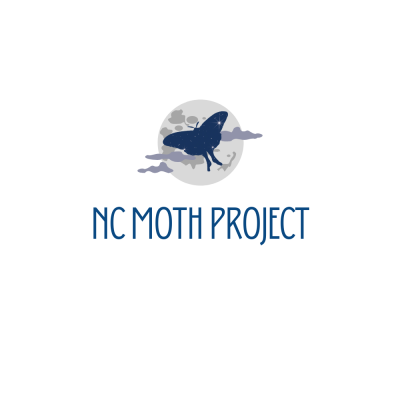
NC Moth Project
Started in Hillsborough, NC, the NC moth project is a community science project in collaboration with the North Carolina under-Reported County Mothing Project. Participants will learn how to light trap, photograph, and ID moths. Surveys are conducted on selected criteria properties, and are hosted for the public from the summer to early fall.
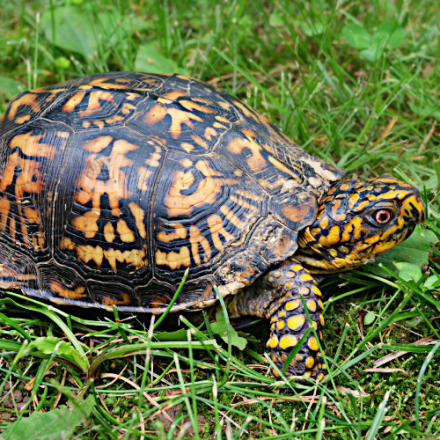
HerpMapper-Eastern Box Turtles
Box turtles are under threat as urbanization eliminates turtle habitat. By participating in this project, you’ll help scientists and TLC better understand box turtles distributions and habitat relationships. If you see an Eastern Box Turtle at one of our preserves, snap a picture and record the data in our Google Form. This is a remote volunteer opportunity that takes place at any of our preserves. These instructions are to help get you started on your own!
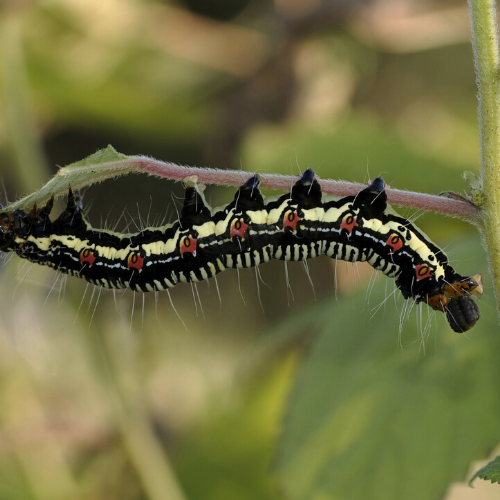
Caterpillars Count!
Caterpillars Count! is a project that measures seasonal variation and abundance of arthropods. The data will be used by Dr. Allen Hurlbert at UNC Chapel Hill to determine arthropod and bird responses to climate change. In your own backyard, you can monitor insect populations by conducting visual foliage surveys during the spring to summer and uploading observations in the app.
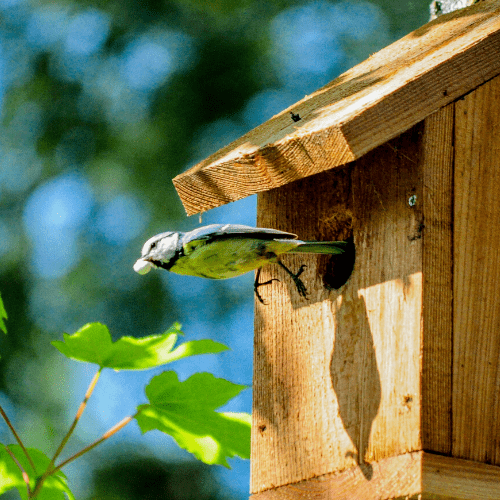
eBird
You can help TLC document bird abundance and distribution. Whenever you hike at one of our preserves, document your bird sightings on eBird. For details, tutorials, and more, check out the Getting Started section of the eBird website.
iNaturalist Current Projects:
